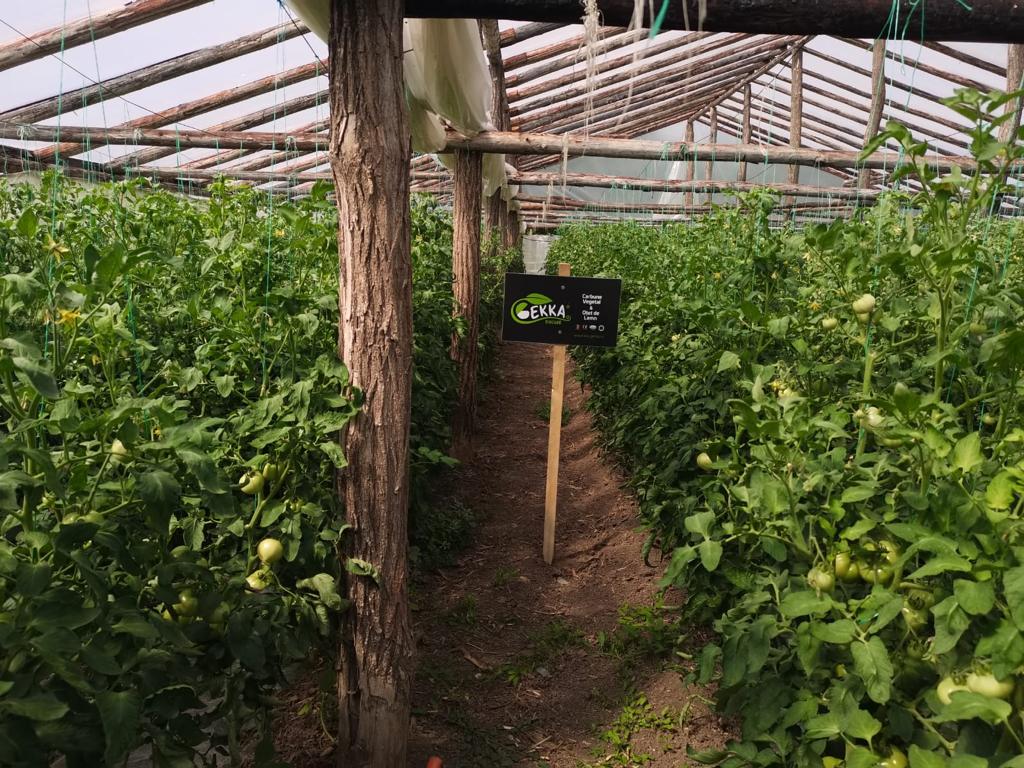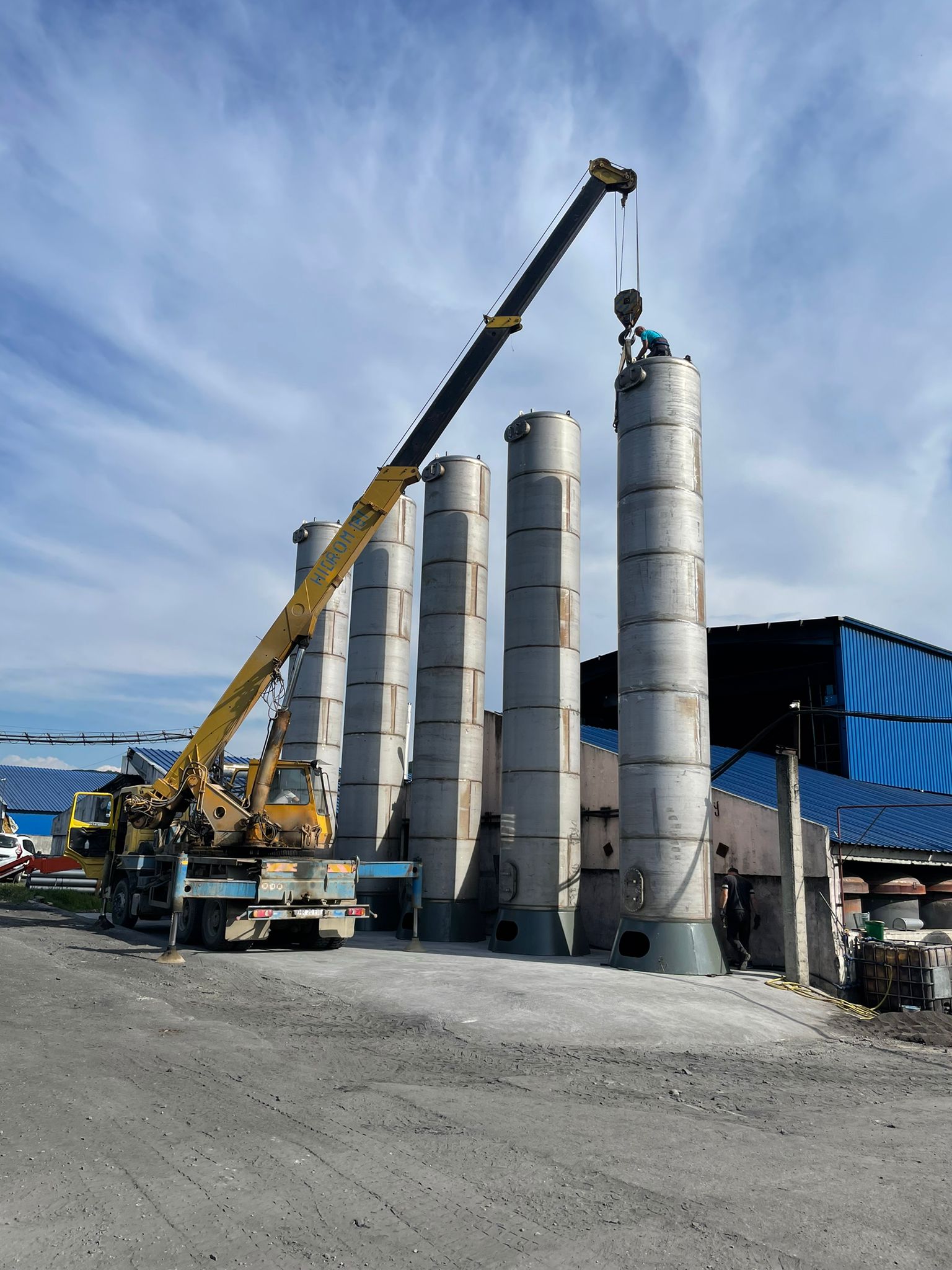
Explocom - Fully Subscribed
- Standard: Puro.Earth
- Methodology: Biochar
- Credit Type: CORC
- Facility ID: 643002406801000411
- Location: Romania
- Year of first issuance: 2022
- Status: Audited
- Audited by: bio.inspecta AG
- Spot Inventory: Sold out
- Forward Inventory: Yes
Description
Explocom is a family-owned business that has been producing BBQ charcoal since 1992. The company is now transitioning from BBQ charcoal to biochar for soil amendment and construction materials. In addition, Explocom produces liquid pyrolytic bio-condensate or wood vinegar. The feedstock is FSC certified sawmill waste. The company recently received the EBC certificate for sustainable biochar production.
Explocom uses the retort method of pyrolysis. The heat from the syngas combustion is used in the pyrolysis process and for drying incoming feedstock. Excess syngas can be captured and stored for renewable electricity production onsite. During pyrolysis, the biochar reaches a 600°C temperature and after the process is finished it is left for 24 hours to cool down and afterwards it is pulverized. Explocom sells biochar both in powder and in granular form under the brand name Gekka Biochar. They have plans to install additional machinery that will increase the biochar production capacity threefold.
The biochar has a carbon content of 78%. A lifecycle assessment (LCA) of Explocom’s production process was carried out by Accend in 2023. The LCA accounts for all process emissions from harvesting of the wood, transport to the production site, and the manufacturing of the biochar on-site and confirms that 2.41 tonnes of CO2 are removed by every 1 ton of biochar.
3rd party verification against the Puro Standard was completed in Q4 2023.
Application
Soil improvement for agriculture. The customers are for the most part farmers in Romania and Hungary.
Co-benefits
- Renewable energy. Biochar production produces renewable energy as a bi-product.
- Reduced use of fossil fuel based fertilisers.
- Green jobs: The company is creating employment and tax revenue in a rural area of Romania.
- Crop yields: Biochar improves soil health by increasing water retention, nutrient availability, and microbial activity.
- Waste management: Biochar can be produced from waste materials such as agricultural waste, wood chips, and sawdust, reducing the amount of waste going to landfills.
- Air pollution reduction: Biochar production can reduce greenhouse gases and air pollutants generated by burning biomass waste.
- Animal feed: Biochar can be mixed with animal feed to improve the nutritional value, weight gain and reduce the methane emissions from their digestion. Water purification: Biochar can be used to filter and purify water, removing pollutants and heavy metals.
- Concrete production: Biochar can be used as an ingredient in the production of concrete, reducing the amount of cement used, and therefore the emissions generated during its production.
- Aquatic life: The application of biochar to soils reduces phosphorus leeching into stream and waterways where it can cause eutrophication.
Emissions avoidance
The baseline scenario for the usage of waste wood is combustion, typically domestically. In other words, in the absence of Explocom's production, the waste used as feedstock would be burnt resulting in the release of CO2 and short-lived climate pollutants including soot, carbon monoxide, and volatile organic compounds such as methane, thus contributing to global warming. The use of biochar reduces the need for fertilizers, which are typically carbon-intensive.
Additionality
The income from CORCs allows Explocom to develop the biochar business and diversify from charcoal markets. Revenue from the sales of CORCs is an important part of their business case for future investment and to scale up the production technology.


